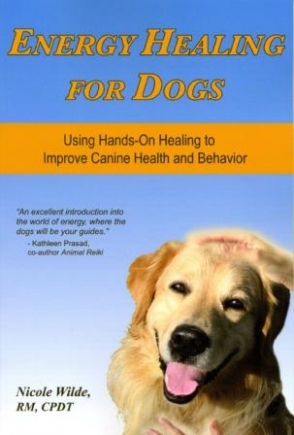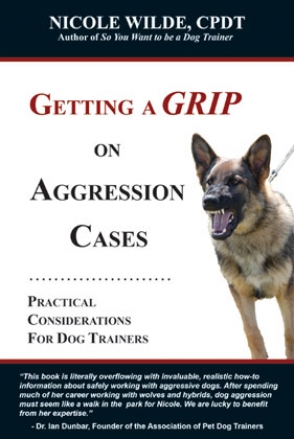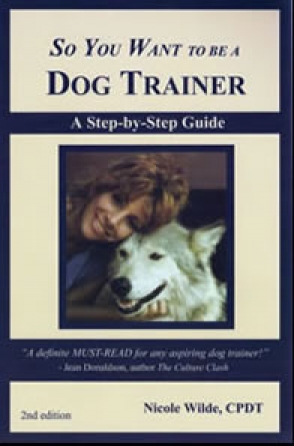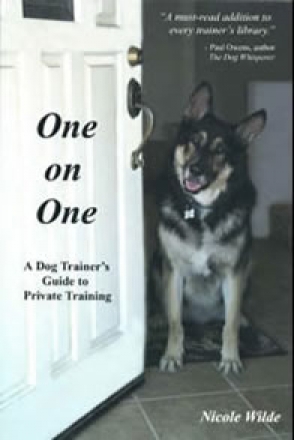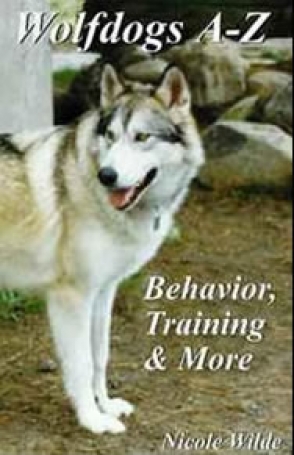Imagine a gentle, non-invasive healing method that can address pain, injury, and illness; speed recovery after surgery; and have remarkable effects on fear, anxiety, aggression, depression, and trauma. Energy healing can do all this and more!
Less Judgement, More Compassion
One day at the dog park, you observe the following:
1. A woman you know to be a local dog trainer is being dragged on leash toward the play area by a wildly out-of-control dog.
2. A man’s dog has just left a large souvenir in the middle of the grass and he is not making a move to clean it up.
3. A woman is off to the side attempting to train her dog. She continually jerks the leash and yells at the dog.
These situations just invite comment, don’t you think? Perhaps you make a snide remark to a friend about the professional trainer’s ability. Ah, but what you don’t know is that she just adopted the dog from the local shelter, and the dog has no previous training and is in dire need of exercise, hence the park visit. Next, having seen the man whose dog left a pile in the grass, you sigh and say in a disgusted tone how irresponsible some people are. What you don’t know is that the man received some very disturbing news that morning, and is not being his normal vigilant self—in fact, he doesn’t even realize that his dog has defecated. And your knee-jerk reaction to the way the woman is training her dog? It doesn’t take into account that she loves her dog and is doing what she was taught by her trainer; or that she is uncomfortable training that way, and that it’s becoming more and more frustrating for her and her dog by the moment.
These scenarios and countless others are examples of something we all do on a daily basis—make quick and easy judgments about people and their dogs. Sure, we’ve got ideas about how dogs should be treated and what our relationships with them should be like. And there are most definitely certain things that should invite judgment, that is, things that constitute neglect, abuse, or cruelty. But the truth is, most people love their dogs and want to do the right thing by them.
Our culture is steeped in judgmental attitudes. We are constantly bombarded via the media and peer pressure as to how we should look; what we should eat; how we should act; and so much more. We are incredibly fast to judge each other, and to make our feelings known. A relative of mine comes to mind. She is a genuinely a good person, but feels the need, whenever spying a grossly overweight individual, to make a comment like, “Ugh! Look at that! What is she thinking, wearing that outfit?” I cringe every time. The immediate assumption is that the person overeats, could care less about their appearance, and could lose the weight if she tried. Never mind thyroid issues, emotional difficulties, or other factors; really, do you think that person is thrilled about the situation? Even if it’s pure laziness, whose business is it? A little compassion would go a long way.
And it’s not just other people we judge—many people judge dogs without thinking twice. If a dog is showing aggressive behavior in a particular situation, many people, trainers included, instantly label the dog as aggressive. But have you never experienced a situation where you acted in anger? Is it fair to expect dogs to never, ever get so angry that they act on their feelings, regardless of the situation? At the park, if a dog is being relentlessly bullied and harassed by another dog, and the dog finally retaliates, he’s justified! And what if a dog who was being jerked progressively harder on a choke chain finally turned around and bit his owner? Would that make him “aggressive?” I don’t think so. By the same token, is that “obnoxious” dog at home really obnoxious for wanting attention and being constantly wound up, when no one has the time to take him for a walk or play with him after a long day at work?
A picture is worth a thousand words, but sometimes what’s in front of us is not an accurate representation of reality. Perhaps 2009 will be a year of less judgment and more thoughtful compassion.

